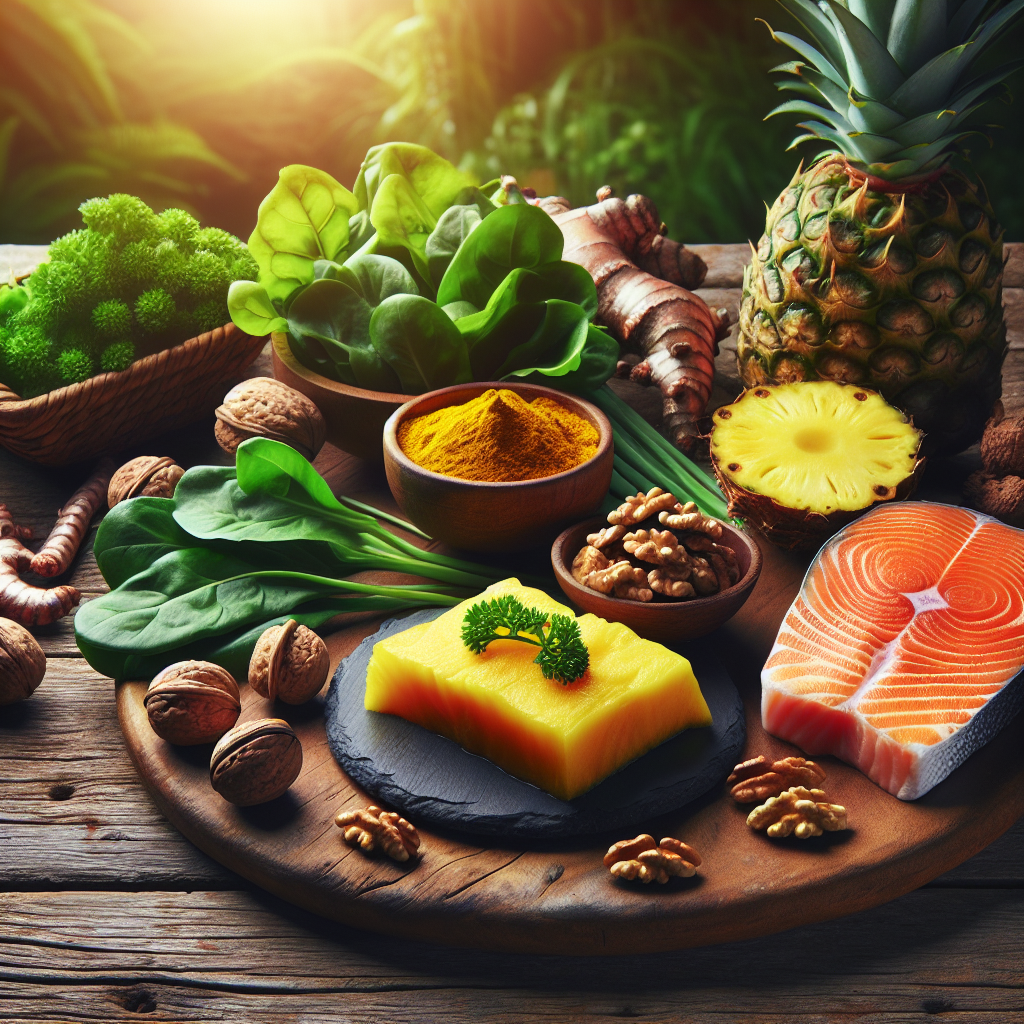Chronic pain affects millions of people worldwide, often leading to reliance on medications that may have unwanted side effects. Fortunately, certain organic foods possess powerful anti-inflammatory properties that can help reduce pain naturally. By incorporating these nutrient-dense options into your diet, you may experience significant relief from persistent discomfort.
Understanding the Link Between Diet and Chronic Pain
Inflammation is a primary driver of chronic pain conditions like arthritis, fibromyalgia, and neuropathy. The foods we consume can either fuel inflammation or help combat it. Organic foods, free from pesticides and synthetic additives, often contain higher concentrations of beneficial compounds that target inflammation at its source.
How Anti-inflammatory Foods Work
These foods work through several mechanisms:
- Reducing oxidative stress in the body
- Inhibiting inflammatory enzyme activity
- Supporting gut health, which impacts systemic inflammation
- Providing essential nutrients for tissue repair
Top Organic Foods for Pain Relief
1. Turmeric
This golden spice contains curcumin, one of nature’s most potent anti-inflammatory compounds. Studies show it may be as effective as some NSAIDs for pain relief without the gastrointestinal side effects. For best absorption, consume turmeric with black pepper and a healthy fat like olive oil.
2. Wild-Caught Fatty Fish
Salmon, mackerel, and sardines are rich in omega-3 fatty acids EPA and DHA. These essential fats help reduce the production of inflammatory molecules in the body. Aim for 2-3 servings per week of wild-caught fish to maximize benefits.
3. Dark Leafy Greens
Organic spinach, kale, and Swiss chard are packed with antioxidants like quercetin and kaempferol that combat inflammation. They’re also excellent sources of magnesium, which helps relax muscles and nerves.
4. Tart Cherries
Tart cherry juice has been shown in studies to reduce muscle soreness and arthritis pain. The anthocyanins in cherries have strong anti-inflammatory and antioxidant effects comparable to some pain medications.
5. Extra Virgin Olive Oil
A cornerstone of the Mediterranean diet, high-quality olive oil contains oleocanthal, which has similar anti-inflammatory effects to ibuprofen. Use it for cooking or dressings to reap the benefits.
6. Ginger
Ginger shares pharmacological properties with NSAIDs, inhibiting inflammatory pathways that cause pain. Fresh ginger root can be grated into teas, stir-fries, or smoothies for daily consumption.
7. Pineapple
This tropical fruit contains bromelain, an enzyme that reduces swelling and inflammation. Pineapple makes an excellent post-workout snack to help with muscle recovery.
8. Walnuts
Among nuts, walnuts have the highest concentration of omega-3 fatty acids. They also contain polyphenols that help lower inflammatory markers in the body.
9. Bone Broth
Slow-simmered bone broth provides collagen, gelatin, and amino acids that support joint health and reduce inflammation in the gut, which is often linked to systemic pain.
10. Fermented Foods
Organic sauerkraut, kimchi, and kefir contain probiotics that maintain a healthy gut microbiome. Emerging research suggests gut health plays a crucial role in inflammatory conditions and pain perception.
Creating an Anti-Inflammatory Meal Plan
To maximize pain-relieving benefits, incorporate these foods into balanced meals throughout your day. Here’s a sample daily plan:
Breakfast
Turmeric golden milk smoothie with spinach, pineapple, ginger, and flaxseeds
Lunch
Wild salmon salad with mixed greens, walnuts, and olive oil dressing
Dinner
Grass-fed beef and vegetable stir-fry with turmeric and ginger, served with kimchi
Snacks
Tart cherry juice, walnuts, or bone broth
Additional Pain-Fighting Strategies
While diet plays a crucial role, consider these complementary approaches:
- Stay hydrated to support joint lubrication and toxin removal
- Practice stress-reduction techniques like meditation
- Engage in gentle movement appropriate for your condition
- Ensure adequate sleep for tissue repair
Precautions and Considerations
While these foods are generally safe, some considerations include:
- Potential interactions with blood thinners (turmeric, ginger)
- Allergies to specific foods like nuts or fish
- The need for consistency – benefits typically appear after several weeks of regular consumption
By making these organic, anti-inflammatory foods staples in your diet, you can address chronic pain at its root while nourishing your body with wholesome nutrition. Always consult with a healthcare provider before making significant dietary changes, especially if you have existing health conditions or take medications.
